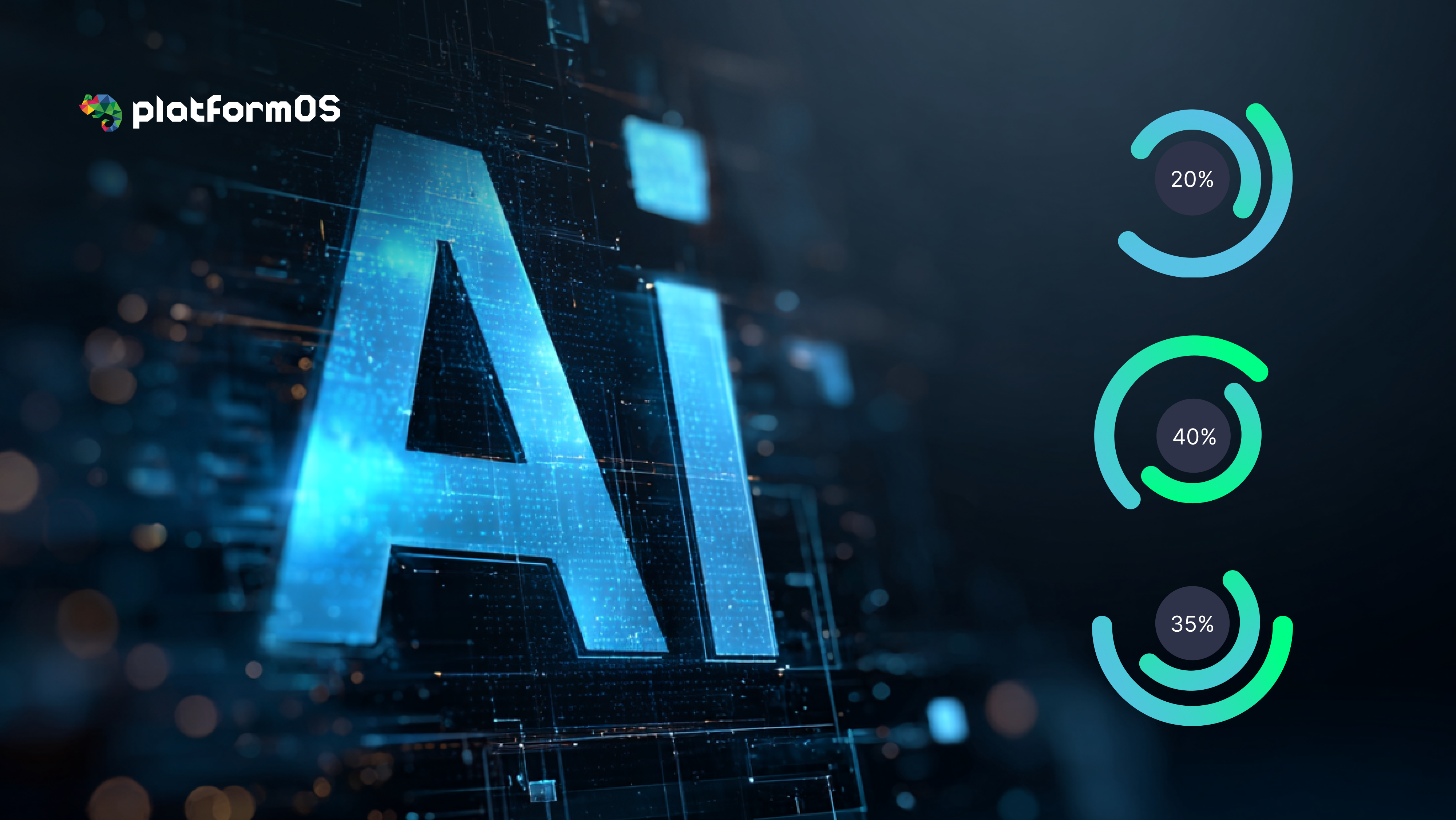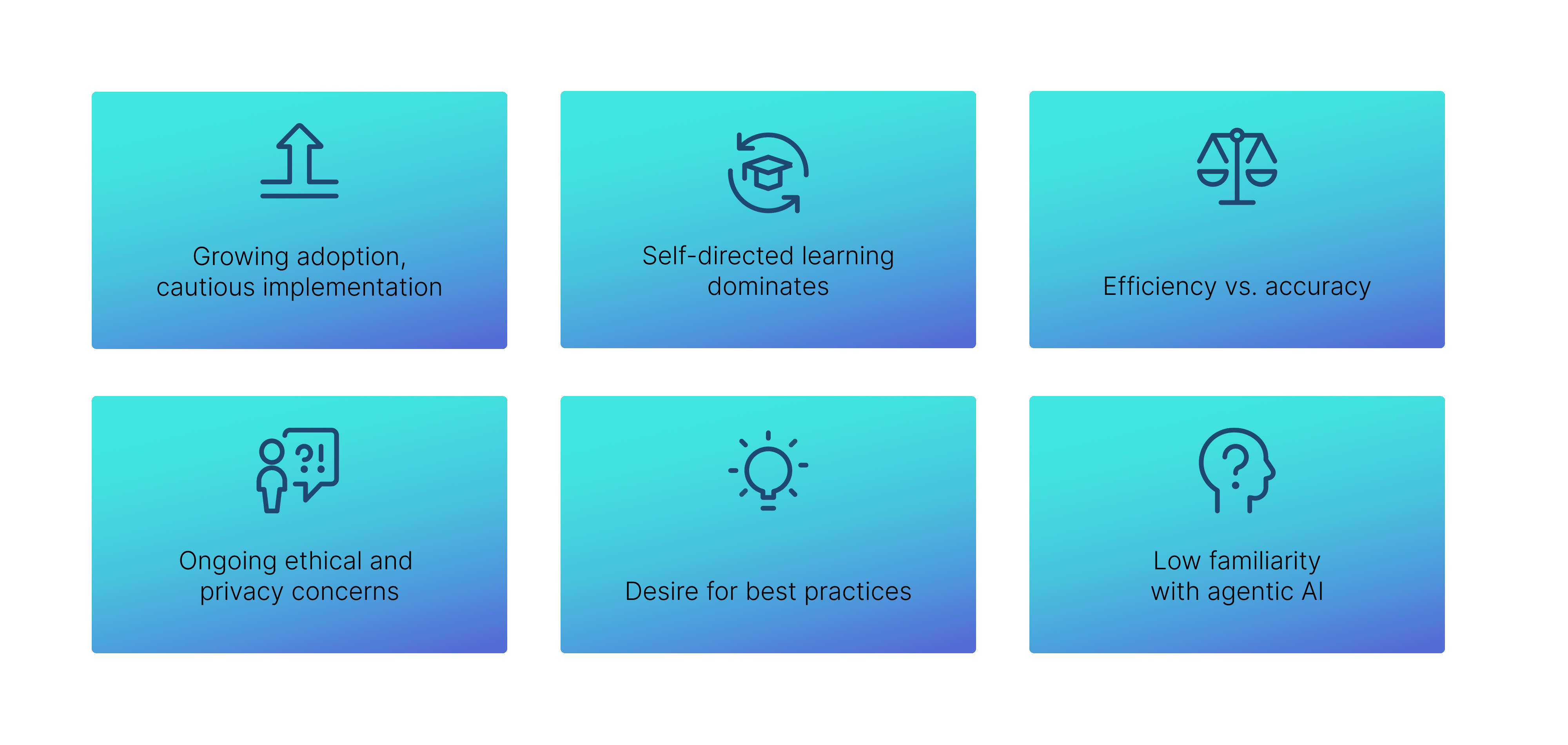





The results of the 2025 Cherryleaf survey confirm what many in the field have observed anecdotally: AI is becoming a regular part of technical communication workflows. A combined 55% of respondents now use AI on a regular or semi-regular basis, representing a significant increase from previous years. While the number of people experimenting with AI has held steady, the number of respondents who avoid it entirely has dropped nearly by half compared to 2024.
Despite this momentum, the overall tone remains one of caution. Very few respondents consider themselves AI experts. Most are self-taught and rely on a limited set of tools for clearly defined tasks such as content drafting, editing and rephrasing, research support, simple coding help, and process automation. Deep, integrated use is still the exception rather than the norm. Still, the trajectory is clear: AI is shifting from an emerging trend to an integral part of the technical communicator’s toolkit, and the conversation has moved from if to how and how far.

The survey results reveal several consistent trends shaping how technical communicators engage with AI:
Growing adoption, cautious implementation: AI is used regularly by over half of respondents, but mostly for limited, well-defined tasks. Full integration is still rare.
Self-directed learning dominates: Most professionals are teaching themselves AI tools, often without formal support or team-level training.
Efficiency vs. accuracy: AI is valued for speeding up work, but concerns around hallucinations, tone, and quality remain widespread.
Ongoing ethical and privacy concerns: Writers are wary of data privacy, unclear model behavior, and how AI use might impact job roles.
Desire for best practices: There’s strong interest in strategies for effective AI use, content optimization for AI systems, and integrating tools into existing workflows.
Low familiarity with agentic AI: Autonomous AI agents remain largely unexplored in the field but represent an area of curiosity and potential growth.
These patterns reflect a field in transition, moving from curiosity to cautious adoption, and increasingly in need of structured guidance, technical solutions, and real-world use cases.
While many technical communicators are still experimenting with AI or waiting on organizational strategy, at platformOS, we’ve already built AI into multiple layers of our documentation ecosystem from infrastructure to authoring workflows.
The platformOS framework and all platformOS solutions are designed to work seamlessly with AI systems. Out of the box, our platform includes vector database support for embeddings, enabling advanced retrieval-augmented generation (RAG). This technical foundation ensures that teams can scale their AI use securely and efficiently.
We offer a ready-to-integrate OpenAI module that enables AI-powered features such as enhanced search across products like DocsKit, our community and government solutions, and any custom-built platformOS site. The module allows teams to deploy AI search experiences that surface accurate, context-aware results based on the site’s content.
Extending this for AI powered Chat and other AI augmented features is fully supported on platformOS.
In our work with clients like the Department of Buildings (Washington DC), we use AI at multiple stages of the documentation process. From content migration to AI-assisted review, our documentation team actively integrates these tools into every stage of writing and publishing.
Our partnership with EkLine takes this a step further. Together, we’ve introduced AI-powered automation into the review process: directly in the editor or as part of the Git workflow. This brings scalable, intelligent assistance to a previously manual and time-consuming part of the Docs as Code pipeline.
To make even beginners aware of the possibilities of AI, we show practical examples in our Docs as Code Fundamentals course. These include everyday uses like drafting content in well-defined formats or automating parts of the review process: small but meaningful ways AI can support documentation work.
The Cherryleaf survey shows a field in transition. AI is no longer just a curiosity, it’s part of everyday documentation work. But the shift from experimentation to strategy is still underway, with teams seeking clearer workflows, training, and ethical guidance.
At platformOS, we believe technical communicators are key to this future. Their expertise ensures AI is used thoughtfully, whether in creating AI-ready docs, managing knowledge bases, or guiding content development.
As AI becomes more embedded in the profession, we’re focused on providing the tools, infrastructure, and real-world support to help teams move forward with confidence, augmenting—never replacing—the work of documentation professionals.
Ensure your project’s success with the power of platformOS.